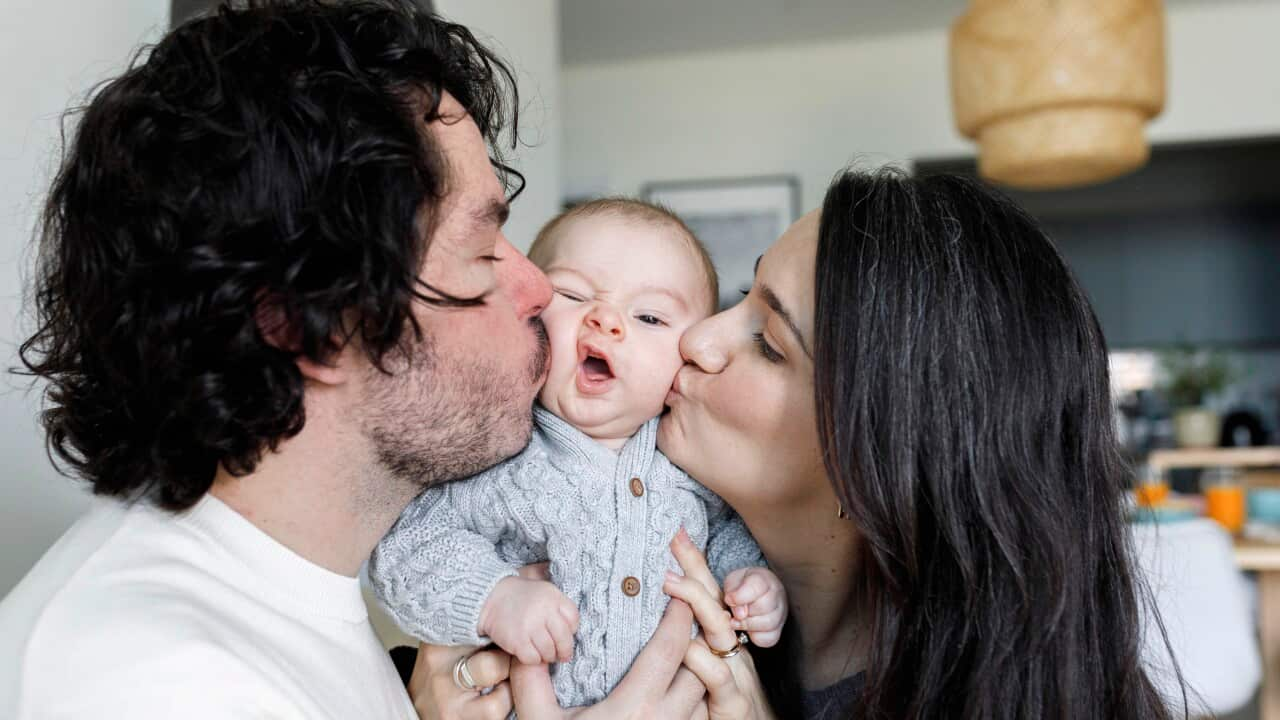Key Points
- A new national study claims more than two-thirds of Australian children have had COVID
- Department of Health reveals COVID vaccines' impact on the menstrual cycle
- Western Australia and Queensland have ended their COVID-19 State of Emergency
Most Australian states and territories reported a massive rise in new weekly COVID cases on Friday.
In New South Wales, new cases jumped from 10,050 to 12,450, showing a rise of 24 per cent on the previous week.
Similarly, Victoria reported a jump from 8,537 to 10,226 cases, registering an increase of nearly 20 per cent.
On Thursday, NSW Chief Medical Officer Dr Kerry Chant said cases are expected to keep rising in the state in the coming weeks.
"Which tells us we are entering the next COVID-19 wave," she said in a video.
Last week, Victorian Chief Health Officer Brett Sutton echoed similar sentiments saying Victoria was "at the start of another COVID-19 wave".
Federal Health Minister Mark Butler said Dr Chant's advice is a timely reminder about getting recommended boosters and staying up-to-date with vaccination.
He said the seven-day average of COVID case numbers is still at less than 1/10 of the peak in July. However, the last week saw an increase of about two per cent.
"This is more than double the number of cases reported based on nose and throat swab testing for the virus," said Dr Archana Koirala, infectious disease specialist at NCIRS and paediatric study lead.
"This is expected since many children have either mild or no symptoms and are therefore not tested for the virus."
The Therapeutic Goods Administration (TGA) has approved Pfizer's bivalent COVID-19 vaccine targeting the original virus and Omicron's BA.1 subvariant as a booster dose in individuals aged 18 and over.
The Australian Technical Advisory Group on Immunisation will now review the vaccine.
Department of Health said COVID vaccines have a small temporary impact on the menstrual cycle in the month of vaccination.
"A large study1 of women globally found COVID-19 vaccination was associated with a small and temporary change to their menstrual cycle," it said.
"The women's menstrual cycle was less than a day longer on average, but there was no change in the length of their period (bleeding). These changes end as soon as the next menstrual cycle after receiving the vaccine."
Department of Health said some people are at increased risk of developing Long COVID, including those over 35 years of age, female, have some pre-existing conditions such as diabetes, or had a severe illness during their COVID-19 infection.
The COVID-19 State of Emergency has ended in Western Australia and Queensland.
The weekly new global COVID-19 cases declined by 17 per cent and deaths by five per cent for the week ending 30 October, the World Health Organization said in its latest report.
Germany, Japan, the US, China, and the Republic of Korea reported the highest global COVID-19 cases at the country level.
Find a Long COVID clinic
Find a COVID-19 testing clinic
Register your RAT results here, if you're positive
Before you head overseas, Here is some help understanding Read all COVID-19 information in your language on the








